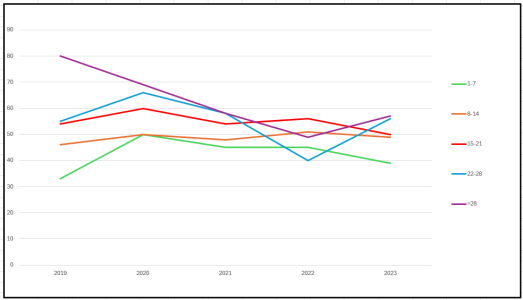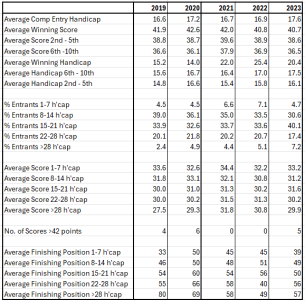IanM
Journeyman Pro
- Joined
- May 18, 2009
- Messages
- 14,836
- Location
- Monmouthshire, UK via Guildford!
"Things happening far more frequently than we remember.."
1) Highly significant and indicative if talking about climate change
2) Absolutely in no way significant or indicative if talking at WHS


(Please see my autosignature if troubled by the above)
1) Highly significant and indicative if talking about climate change
2) Absolutely in no way significant or indicative if talking at WHS
(Please see my autosignature if troubled by the above)

